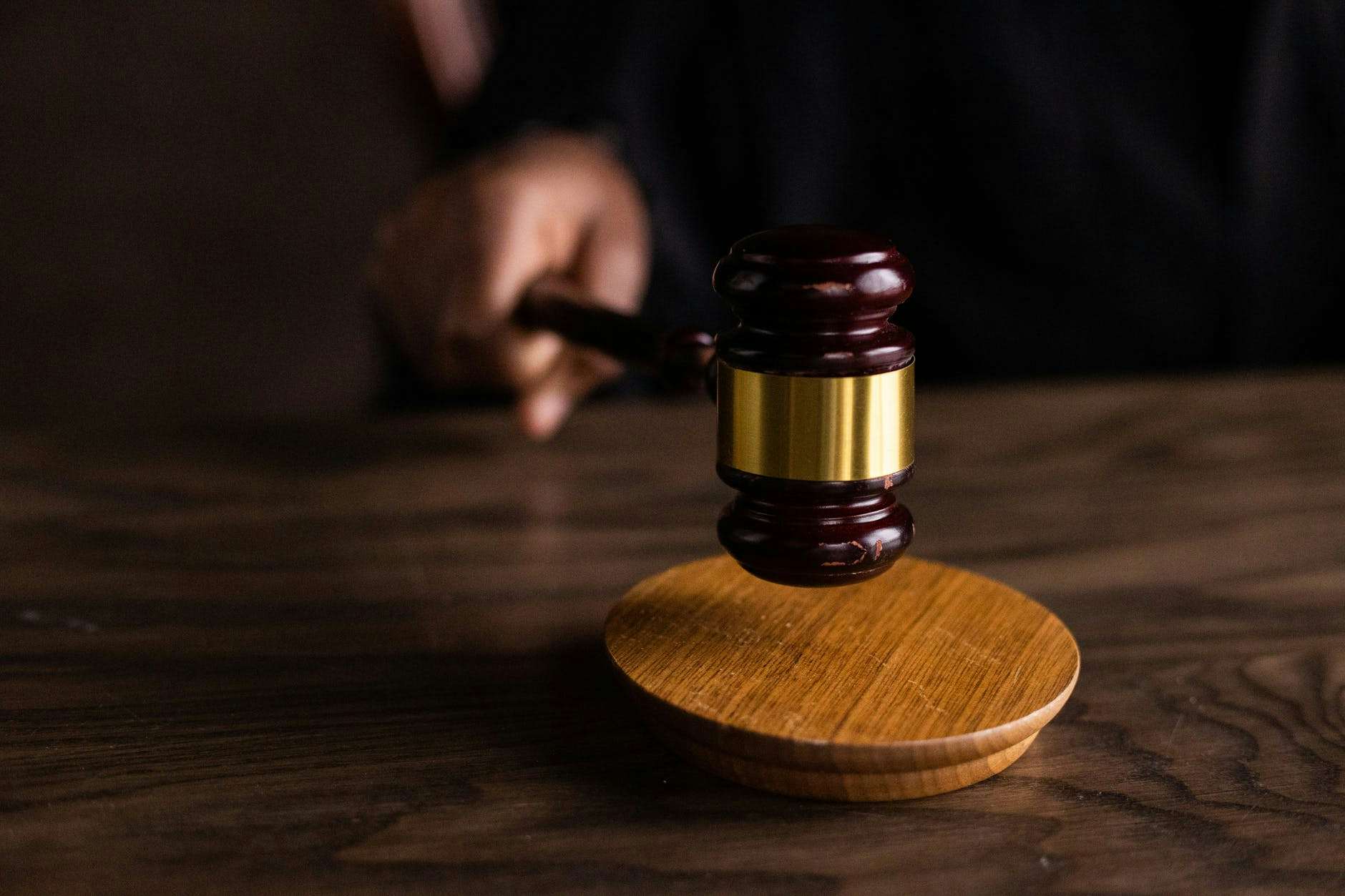
As the shutdown of HondaJet fractional operator Jet It moves into its third week, three top bizav attorneys share their insights.

We are starting the third week since Jet It first grounded its HondaJet fleet on May 19 in what it described as a Safety Stand Down.
Within a few days, the entire fleet was grounded, and the entire workforce was laid off. Since then, rival HondaJet fractional operators Volato and Jet Token, plus the OEM, have offered assistance to Jet It Owners.
According to reports in Flying, Jet It was facing financial problems immediately prior to the grounding of its VLJs.
Last October, Private Jet Card Comparisons exclusively reported Jet It expected to lose $23 million in 2022. We also broke the news about CEO Glenn Gonzales’ email to Jet It owners blasting Honda Aircraft’s support.
Anything is possible, but if Jet It does not own a share in the specific jet sold, I think it a hard argument to make. For the aircraft where Jet It has a fractional share, I think there is a way to buy out that share, so the other co-owners control the aircraft and also allow the estate to recover any upside on the eventual sale of the aircraft.
– Amanda Applegate, Soar Aviation Law
In between all that, Honda and Jet It were engaged in litigation, although it was quickly settled.
After the grounding, Gonzales told owner groups their aircraft were worth in the range of $5 million, according to several fractional owners.
Now, we turn to three prominent private aviation attorneys to ask them what’s next for Jet It, and what owners should be thinking about.
Vedder Price’s David Hernandez, Soar Aviation Law’s Amanda Applegate (who represents several Jet It aircraft owner groups), and Shaircraft Solutions James Butler shared their thoughts on our questions below.
Hernandez: “Jet It may likely file Chapter 11 reorganization initially, but under the circumstances, the creditors will seek a liquidation under Chapter 7. given the competition, economics, dispute with HondaJet, perception of owners, and Gonzales’ apparent statements to owners that they are free to sell their aircraft.”
Butler: “The Jet It matter is rather complex for the owners. That’s exacerbated by the fact that at least some fractional shares in some aircraft may be owned by Jet It, and so, at a minimum, Jet It may be precluded from acting in support of their owners.”
Hernandez: “Likely none; as a general matter, the owner’s liability is limited to the aircraft asset. While I have not seen any Jet It program documents, I would be shocked if any owners have personal liability.”
Applegate: “Any work done specific to the aircraft will be the responsibility of the co-owner group as it improved the value of the aircraft they own. This is both mechanical work and outstanding amounts due to reinstate programs.”
Hernandez: “Yes, there is a 90-day clawback period. Jet It won’t last 90 days, so the 90 days are already applicable.”
Applegate: “Anything is possible, but if Jet It does not own a share in the specific jet sold, I think it a hard argument to make. For the aircraft where Jet It has a fractional share, I think there is a way to buy out that share, so the other co-owners control the aircraft and also allow the estate to recover any upside on the eventual sale of the aircraft.”
Butler: “Further, any bankruptcy filing by Jet It will look back and unwind actions by creditors, including owners, and also put in place a stay of future actions. That said, individual owners can provide notice of default under their contract documents. Also, owners should think carefully about paying their bills to Jet It, in particular, whether they may have an offset against any amounts owed them by Jet It.”
Hernandez: “Yes, this will be virtually identical to the Avantair bankruptcy, but on a smaller scale. Jet it is half the size of Avantair, and frankly, Jet It is in better shape than Avantair. On November 13, 2012, Avantair’s CEO also voluntarily grounded their 56 Piaggio P180 fleet via email to owners.”
Hernandez: “This will devolve into the Hunger Games with owner groups trying to take advantage of opportunities that don’t exist (many of which will be limited by bankruptcy), brokers salivating for commissions from desperate owner groups, credits/debtors getting pennies on the dollar, and competitors hoping to make a profit off the misfortune of the situation.”
Applegate: “The biggest thing is so many rumors. I hear these things, then you research them, and they’re not true. (Then you have to) calm everyone down. People are saying the hangar was locked and no access would be granted unless co-owners paid the unpaid rental fees. That was not true. We had no problem getting records out…While it’s a bad situation, we haven’t had a cadaver aircraft (or) an insurance check written (and cashed) and not used to fix the airplane. Other rumors were that you could not fly the aircraft until the programs were reinstated or that there was no insurance on the aircraft. All of this was untrue.
“There is a lot of money owed on the fleet collectively. (Owners) were paying the management fees, and those fees did not cover the expenses that were being incurred. It’s not great, but it’s not as bad as Avantair. Honda Aircraft are higher in demand and more marketable than the P-180 that was involved in the Avantair matter.
“Jet It was a unique program because it allowed owners to pilot the aircraft, which may mean a number of Jet It shareowners will become whole aircraft owners of some of these aircraft. (With Avantair) I believe three to five (airplanes) were bought by one of the co-owners. I think you will see that here.”
“The other big thing that is different, Jet It had a specific provision that covers this – in the event, the operator ceases do to business, the co-owners unanimously agree to sell the aircraft…It has been easier (than Avantair) to put the owner groups together and move on a path forward. Jet It put the owners in touch and some of (the owners’ groups) are very well organized. They have plans.”
Hernandez: “It is important to think strategically and rationally and avoid irrational knee-jerk decisions. A quick decision isn’t always the best decision. The Aircraft have value, and it’s important to fully understand the facts and not simply rely on what a broker may be telling you that you need to act fast because it’s the end of the world.”
Butler: “If individual owners of aircraft can band together to take possession of their aircraft, that’d be better than not. To do so, they may have to pay off unpaid debts for maintenance, hangaring, etc., which may now be liens against the aircraft. Of course, getting possession of the aircraft may involve flying them, for which, obviously, you need pilots who likely have been laid off by Jet It. It’s likely that unrelated third-party brokers will attempt to swoop in to manage the situation for owners and help sell their aircraft.”